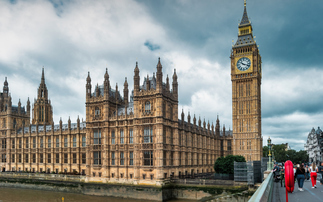
In our Organisation for Economic Co-operation and Development (OECD) paper published in 2019, The Investing and Saving Alliance reported that the that the UK mandatory state pension system had the lowest net replacement rate (NPR)* out of the 36 countries measured, with a rate of 28.4% of net average earnings.
Looking at the latest set of data published in 2021, the NPR for UK mandatory pensions has risen significantly, in fact, over doubled to 58.1% which places us 21st out of the 38 OECD countries meas...
To continue reading this article...
Join Professional Pensions
Become a Professional Pensions Lite Member today
- Three complimentary articles per month covering the latest real-time news, analysis and opinion from the industry
- Receive important and breaking news stories via our two daily news alerts
- Hear from industry experts and other forward-thinking leaders
Are you a trustee, investment consultant or in-house pension and benefit scheme professional? You can apply for full complimentary access here







